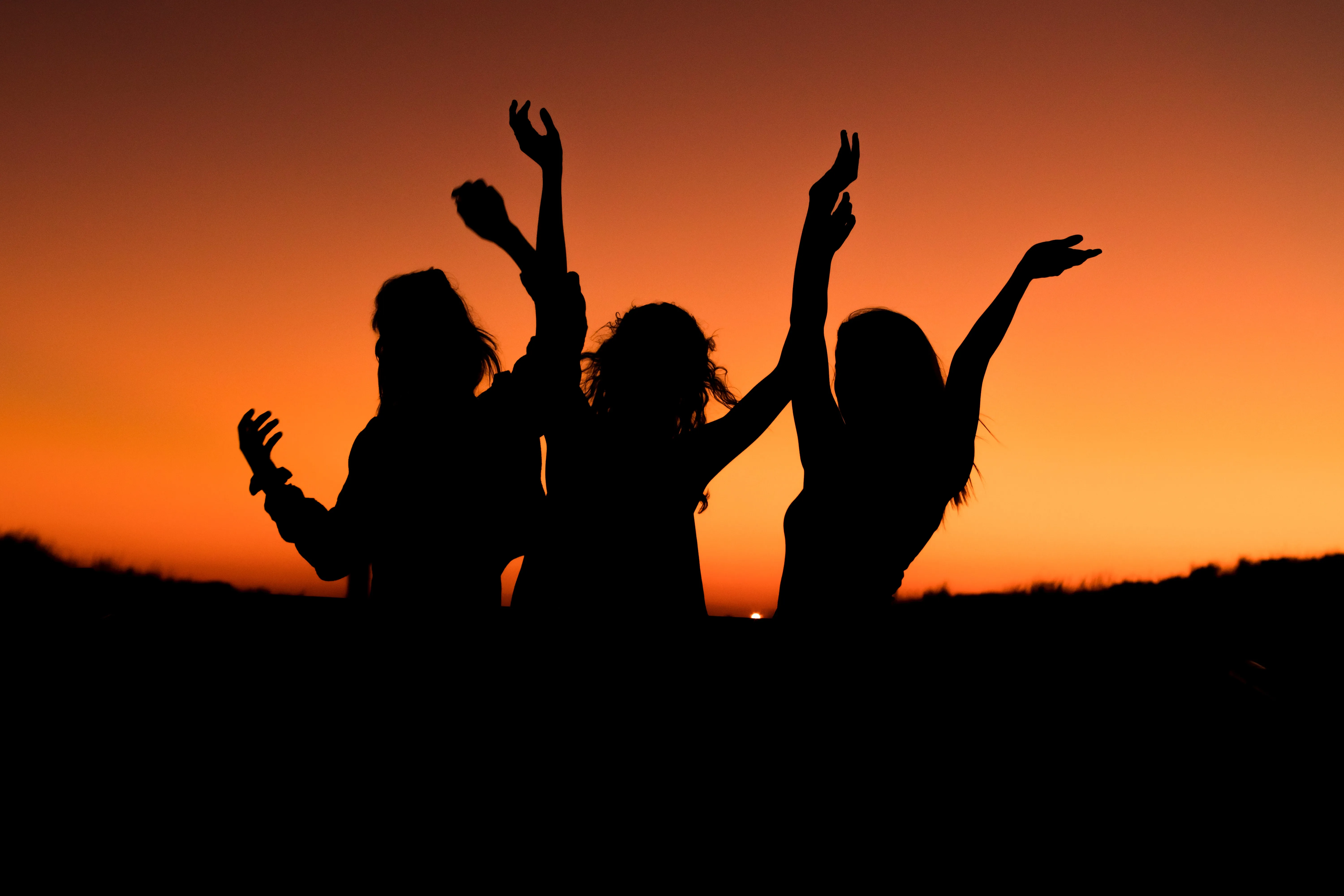Be kind to those without peace Part 3 of a series.
In 2014, I got PTSD after a bike accident. I was a firework husband, sparky dad, withdrawn vicar. I became unpredictable, irritable and I could not find a way out. One day, part of me was propelling me to get out of a moving vehicle to get away from a conversation and I needed the driver to stop the car to get a moment of peace!
My sin, or a lack of spirituality, did not cause this lack of peace. It took time to understand what was happening, but God brought me on a journey of healing through short-term counseling, Christian skill-training and prayer.
By 2019, I surprised a senior Christian trauma therapist when I told this story because she could sense no trauma in me at all. It had taken time, skill, prayer and intentionality to get healed and I ha d no-one to chart the journey for me or help me come to complete healing. From the inside, I could not find a slam-dunk way of fixing myself. I needed grace from those around me to enable me to find healing.
It is tempting for those who are calm to look with disdain on the non-calm without realizing that the laid back gain this ability from their own carers. Just as it is “by grace we are saved so no-one can boast”, so it is that it is by grace that we get healthy parents who place calmness into the wiring of our brains. Many of us have traumas of absence - where our upbringing did not fulfil our psychological needs or give us needed skills; while others of us have traumas of bad things happening to us. Parenting specialists now acknowledge that Type A trauma of absence can be as detrimental to our upbringing as Type B trauma of bad things happening to us.
Christians often imagine that prayer + will = calm and that those of us who are not calm need more willpower. This is not the case. We need something different from that. We need to develop skills to rewire our brain and we need the presence and healing of God to work in us. Years ago someone told me to be "more like Nicky Gumbel"! My heart sank as I thought, “if only that was possible.” The vicar of Holy Trinity Brompton, London and founder of the Alpha Course had an emotional capacity, which I did not have. I knew willpower or prayer wouldn’t give me the emotional and relational capacity that he had.
Neither the complainer nor I had the skills or tools to be "more like Nicky Gumbel." Happily, I later found those skills which we call Joyskills. We developed them from the Life Model which trains people in practicing 19 relational brain skills. I am a peaceful person today because I got help. I learnt some key skills and I spend time with God so that I come to peace.
During the journey to healing, I needed to be kind to myself because calming skills take time to learn, but learn they can be. The good news is that our brains are “plastic” and can learn to calm: neuroscientists have coined the phrase neuroplasticity to show us that the brain can adapt to fresh ways of working.
Neuroplasticity can emerge when a non-calm person regularly sees someone else return to calm from overwhelm; or when they are taught skills and given exercises to put them into practice. If we learn certain physical, practical, or spiritual skills and regularly do them, we can rewire our brain to be calmer. There is hope!
We can develop a new "working model" in their brain that is based on a new sense that calm is possible.
- I came back from PTSD. A few months ago, a bishop described me in a webinar as "the person with the deepest understanding of how to calm and come to peace that I have ever known." Through practising the three skills Dr Jim Wilder PhD recommends: finding peace, being appreciative and bringing our pains to God in prayer. I have become more flexible, kind and joyful - the traits in Nicky Gumbel that I was told to develop.
- Ruth has learnt to calm from body memories, panic attacks, and an anxious upbringing that had resulted in Chronic Fatigue Syndrome for 16 sixteen years.
After three years of research, our course, ‘How to Calm Down and Find Peace’ contains the best skills we have found, and it works. The course combines relational and practical skills for finding peace and calm, as well as meditations, prayer and insights from Scripture. In the next post, I outline some skills that can help you.
Part 1 Helping people emotionally recover from COVID-19
Part 2 Three to recover emotionally
Part 4 How to calm down and find peace
#11


